The issue of sending young doctors to strengthen the commune level has caused much debate. The concern is how to avoid being like “a torn shirt, instead of patching it with cloth, we are digging another hole to cover it” as a National Assembly delegate said. In the past, Quang Nam Da Nang province (old) successfully carried out this task, when hundreds of young doctors and nurses were sent to work in remote areas and created a stable foundation for current mountainous medical activities.
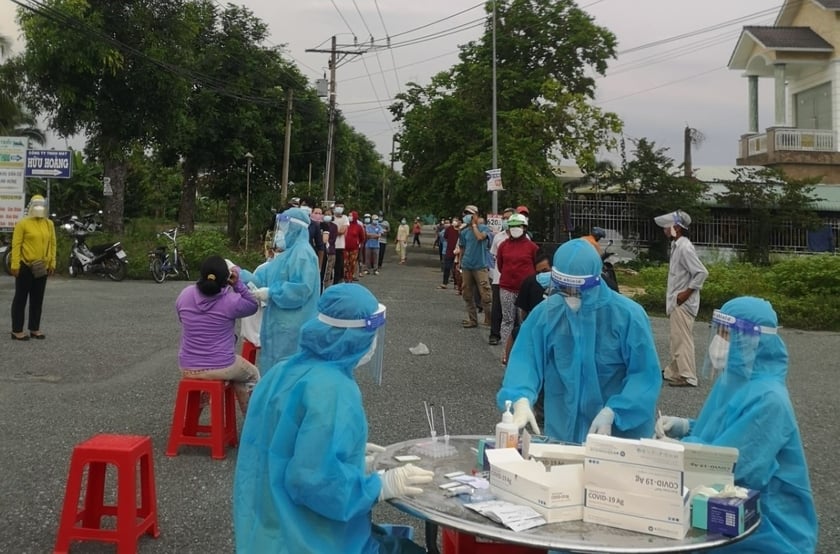 |
Young medical staff and doctors at the commune and ward levels not only "share the burden" for the upper levels but are also essential for preventive medicine work at the grassroots level. Photo by Huong Giang |
Ho Chi Minh City has just sent 300 young doctors who have just graduated to the grassroots level, specifically at the commune and ward levels. Assessing this event, the health sector said that this is a new feature in the effort to improve the quality of health station operations, which has long been a weakness that has caused many consequences for the health system.
Not only "bearing the burden" and "sharing the burden", this successful model can be a fundamental solution to completely solve the problem of overload in the treatment system, even creating a habit of treating diseases from the ward level, instead of just thinking about the hospital.
Responding to Lao Dong newspaper, a National Assembly delegate working in the medical sector of the Ho Chi Minh City delegation commented: “It is very difficult for new doctors to work at health stations after graduation, there is no opportunity to learn to advance, few people come to see the doctor. This is like a torn shirt, instead of patching it with cloth, we are cutting another hole to cover it. Doing so will eventually cause the hole to open up.”
Not now, but in the not too distant past, the above delegate’s comment was also a concern for medical professionals, when forcing a general practitioner with 6 years of experience to return to the health station. It even seemed unfair, wearing down their will, leading to a shortage of human resources at the hospital level.
Since the 80s of the last century, Quang Nam and Da Nang provinces have also carried out such a "revolution" for newly graduated doctors and medical staff, with Resolution (NQ) 25 of the Provincial Party Committee, increasing young cadres for mountainous districts; remote and extremely difficult areas.
Hundreds of doctors and nurses immediately packed their bags and went to district and commune hospitals in the midlands and mountainous areas upon receiving their graduation certificates, with a working term set at 2 to 3 years.
Along with a series of young cadres in the health sector, Resolution 25 also assigns graduates from other majors to priority positions in areas far from the city that are in great need of this knowledgeable workforce.
At this time, hundreds of young cadres, including those from the health sector, gathered in Hoi An City to learn about the customs and practices of the people in the areas they were sent to; especially the ethnic minority areas. They even brought along mosquito nets soaked in mosquito repellent number 6, and a dose of 2 to prevent malaria.
Thanks to this policy, a system of preventive medicine and medical examination and treatment in the communes and wards of Quang Nam Da Nang province was formed widely and effectively; in which it played a role in pushing back backward customs and superstitious worship, which developed strongly in remote areas, when the health sector was absent.
Almost all of these young cadres were excited to set off with light luggage as they did not have their own families, did not have many commitments in life, and had appropriate benefits such as allowances, accommodation, and priority assignments after 2-3 years of working in remote areas.
Although bringing doctors to medical stations, especially in mountainous areas, is difficult for them, most of them have overcome it with their youth, and such difficult areas have made them mature a lot after 2-3 years of working.
The biggest thing, with Resolution 25 of the Quang Nam - Da Nang Provincial Party Committee since the 80s of the last century, has helped the health system in the midland and mountainous areas of Quang Nam to be quite stable and share a lot of responsibility with the provincial level, especially proving effective in preventive medicine work.
The decision by Ho Chi Minh City to send young doctors who have just graduated to practice at the grassroots level is to draw experience from reality. Instead of spending 18 months practicing at the hospital, the new doctors will practice for 12 months at the medical stations, which is a necessary and correct decision.
Of course, there are still many concerns surrounding this policy, such as the lack of equipment, machinery, and medicine for practice, or even the lack of experience of newly graduated doctors... but with the strength of youth, I believe they will find a way to solve the problem. Please give young doctors a chance to challenge themselves!
Source link





![[Photo] Magical moment of double five-colored clouds on Ba Den mountain on the day of the Buddha's relic procession](https://vphoto.vietnam.vn/thumb/1200x675/vietnam/resource/IMAGE/2025/5/9/7a710556965c413397f9e38ac9708d2f)
![[Photo] Prime Minister Pham Minh Chinh chairs a special Government meeting on the arrangement of administrative units at all levels.](https://vphoto.vietnam.vn/thumb/1200x675/vietnam/resource/IMAGE/2025/5/9/6a22e6a997424870abfb39817bb9bb6c)



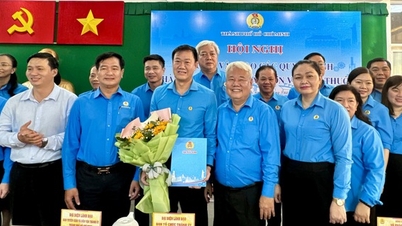

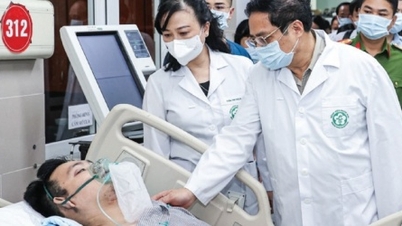


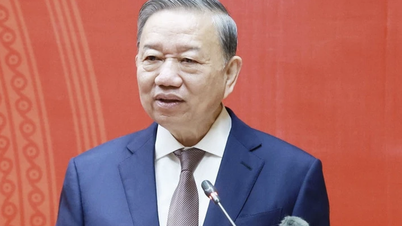

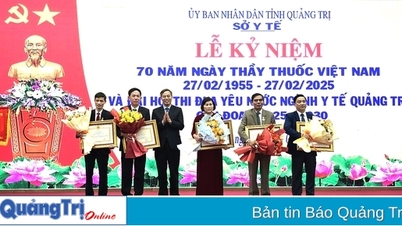
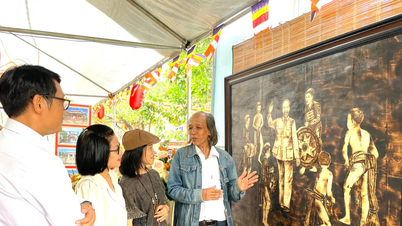
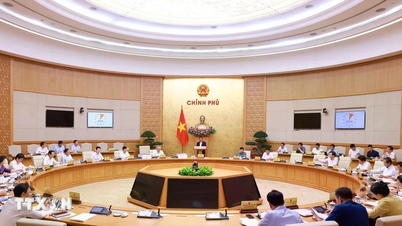
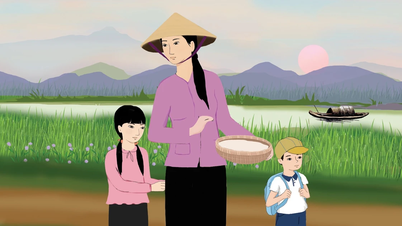

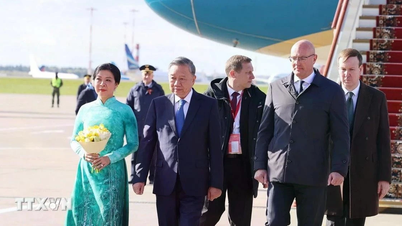
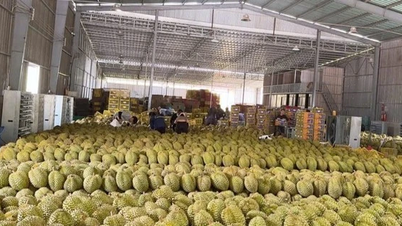




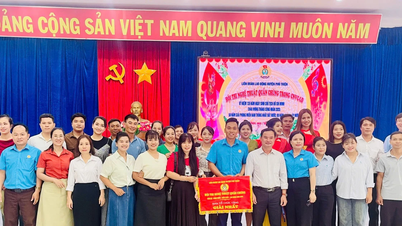
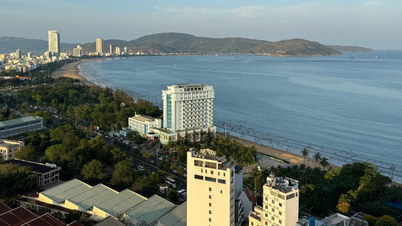
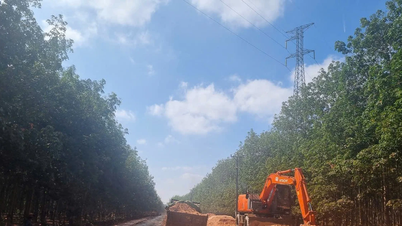

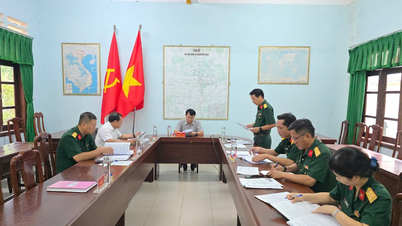





































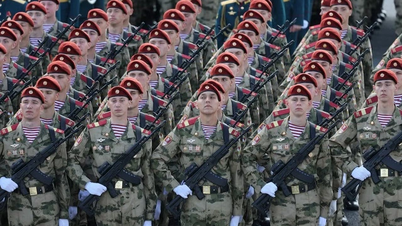
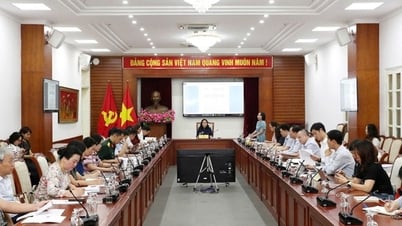


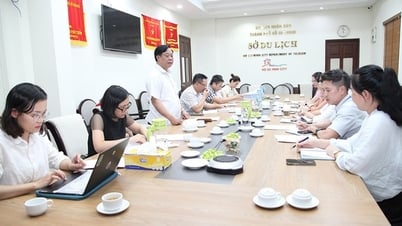
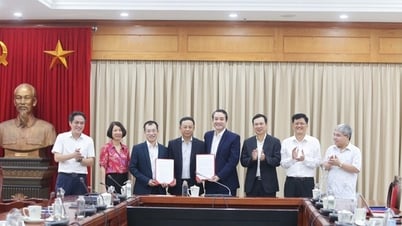

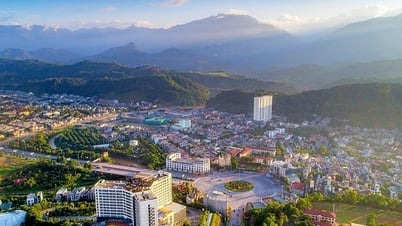



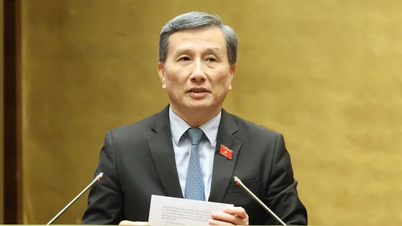



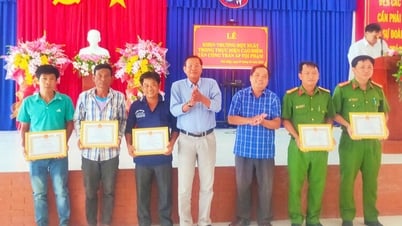

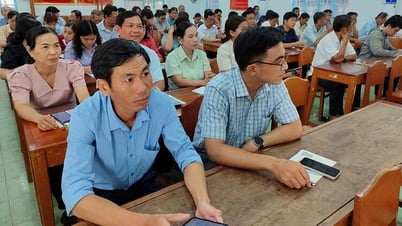











Comment (0)